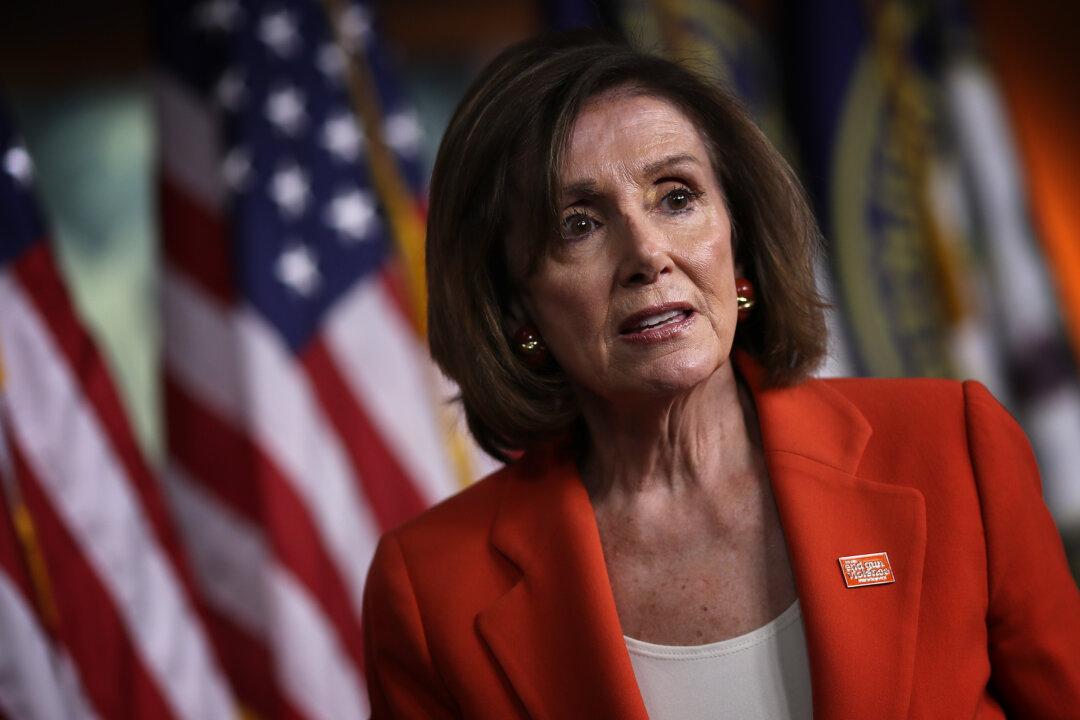U.S. House Speaker Nancy Pelosi said the United States government may be forced to review special trading privileges granted to Hong Kong if the city’s controversial extradition bill is passed.
She also expressed support for Hong Kong protesters who have flooded the streets over concerns that the bill will allow the Chinese regime to further erode the city’s autonomy.





